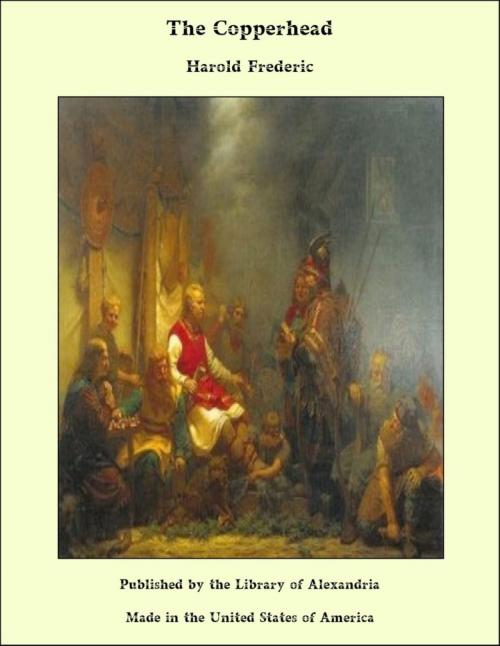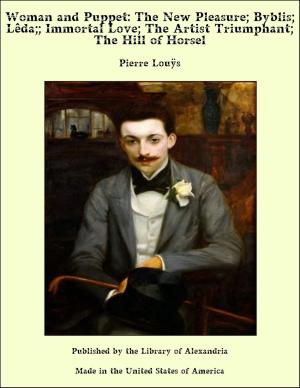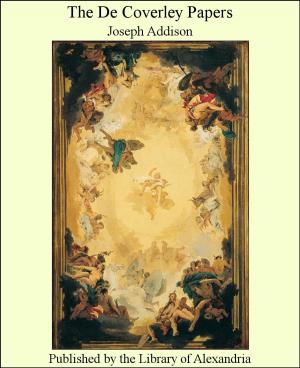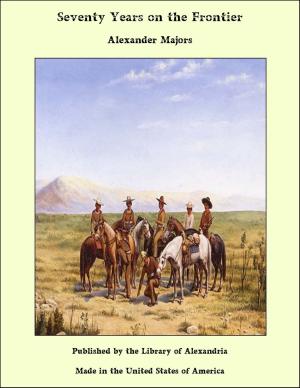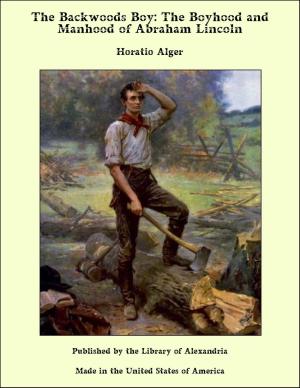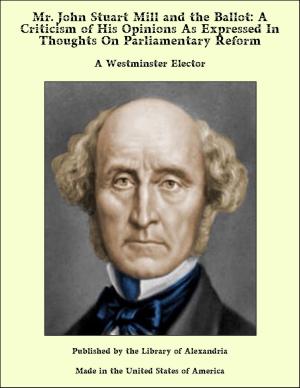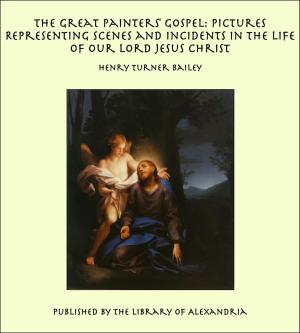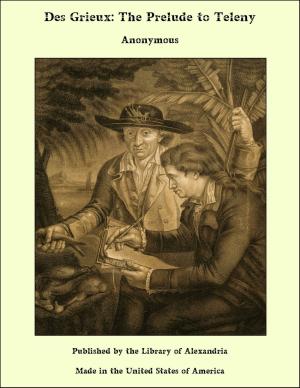| Author: | Harold Frederic | ISBN: | 9781465602466 |
| Publisher: | Library of Alexandria | Publication: | March 8, 2015 |
| Imprint: | Language: | English |
| Author: | Harold Frederic |
| ISBN: | 9781465602466 |
| Publisher: | Library of Alexandria |
| Publication: | March 8, 2015 |
| Imprint: | |
| Language: | English |
It was on the night of my thirteenth birthday, I know, that the old farm-house was burned over our heads. By that reckoning I must have been six or seven when I went to live with Farmer Beech, because at the time he testified I had been with him half my life. Abner Beech had often been supervisor for his town, and could have gone to the Assembly, it was said, had he chosen. He was a stalwart, thick-shouldered, big man, with shaggy dark eyebrows shading stern hazel eyes, and with a long, straight nose, and a broad, firmly shut mouth. His expansive upper lip was blue from many years of shaving; all the rest was bushing beard, mounting high upon the cheeks and rolling downward in iron-gray billows over his breast. That shaven upper lip, which still may be found among the farmers of the old blood in our district was, I dare say, a survival from the time of the Puritan protest against the mustaches of the Cavaliers. If Abner Beech, in the latter days, had been told that this shaving on Wednesday and Saturday nights was a New England rite, I feel sure he would never have touched razor again. He was a well-to-do man in the earlier time—a tremendous worker, a “good provider,” a citizen of weight and substance in the community. In all large matters the neighborhood looked to him to take the lead. He was the first farmer roundabout to set a mowing-machine to work in his meadows, and to put up lightning-rods on his buildings. At one period he was, too, the chief pillar in the church, but that was before the episode of the lightning-rods. Our little Union meeting-house was supplied in those days by an irregular procession of itinerant preachers, who came when the spirit moved and spoke with that entire frankness which is induced by knowledge that the night is to be spent somewhere else. One of these strolling ministers regarded all attempts to protect property from lightning as an insolent defiance of the Divine Will, and said so very pointedly in the pulpit, and the congregation sat still and listened and grinned. Farmer Beech never forgave them.
It was on the night of my thirteenth birthday, I know, that the old farm-house was burned over our heads. By that reckoning I must have been six or seven when I went to live with Farmer Beech, because at the time he testified I had been with him half my life. Abner Beech had often been supervisor for his town, and could have gone to the Assembly, it was said, had he chosen. He was a stalwart, thick-shouldered, big man, with shaggy dark eyebrows shading stern hazel eyes, and with a long, straight nose, and a broad, firmly shut mouth. His expansive upper lip was blue from many years of shaving; all the rest was bushing beard, mounting high upon the cheeks and rolling downward in iron-gray billows over his breast. That shaven upper lip, which still may be found among the farmers of the old blood in our district was, I dare say, a survival from the time of the Puritan protest against the mustaches of the Cavaliers. If Abner Beech, in the latter days, had been told that this shaving on Wednesday and Saturday nights was a New England rite, I feel sure he would never have touched razor again. He was a well-to-do man in the earlier time—a tremendous worker, a “good provider,” a citizen of weight and substance in the community. In all large matters the neighborhood looked to him to take the lead. He was the first farmer roundabout to set a mowing-machine to work in his meadows, and to put up lightning-rods on his buildings. At one period he was, too, the chief pillar in the church, but that was before the episode of the lightning-rods. Our little Union meeting-house was supplied in those days by an irregular procession of itinerant preachers, who came when the spirit moved and spoke with that entire frankness which is induced by knowledge that the night is to be spent somewhere else. One of these strolling ministers regarded all attempts to protect property from lightning as an insolent defiance of the Divine Will, and said so very pointedly in the pulpit, and the congregation sat still and listened and grinned. Farmer Beech never forgave them.
